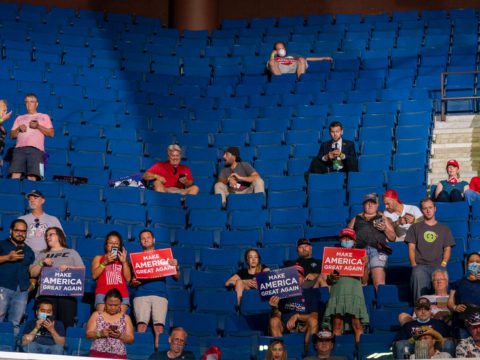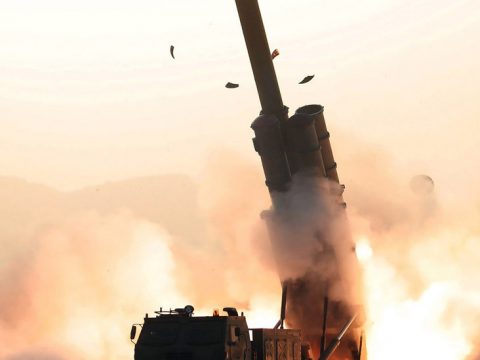President Trump, reversing an agreement negotiated by the Obama administration, abruptly ended a deal between Major League Baseball and the Cuban Baseball Federation that had eased the path for players to compete in the United States without defecting from their country.
The Trump administration said that the Cuban federation was part of the government in Havana, and as such, the deal constituted a violation of trade laws.
In a letter to M.L.B.’s outside counsel, which was obtained by The New York Times, Nikole Thomas, the acting assistant director for licensing at the Office of Foreign Assets Control, outlined the U.S. government’s opposition to the deal, which stipulated that the Cuban federation would receive 25 percent of a player’s signing bonus for a minor league player and between 15 and 25 percent for a major league player.
“O.F.A.C. has determined that M.L.B.’s payments to the Cuban Baseball Federation are not authorized,” the letter said, “because a payment to the Cuban Baseball Federation is a payment to the Cuban government.”
Cuban sports entities, including its baseball federation and Olympic committee, have argued they are independent of the central government, but the Trump administration rejected that assessment.
“The U.S. does not support actions that would institutionalize a system by which a Cuban government entity garnishes the wages of hard-working athletes who simply seek to live and compete in a free society,” said Garrett Marquis, a spokesman for the National Security Council. “The administration looks forward to working with M.L.B. to identify ways for Cuban players to have the individual freedom to benefit from their talents, and not as property of the Cuban state.”
In a statement, M.L.B. said: “We stand by the goal of the agreement, which is to end the human trafficking of baseball players from Cuba.”
John R. Bolton, the national security adviser, seemed to foreshadow the move on Sunday when he tweeted: “Cuba wants to use baseball players as economic pawns — selling their rights to Major League Baseball. America’s national pastime should not enable the Cuban regime’s support for Maduro in Venezuela.”
News of the administration’s rejection of M.L.B.’s plan was first reported by The Wall Street Journal and ESPN.
Cuba has produced some of the best players in baseball, including Aroldis Chapman of the Yankees and Yoenis Cespedes of the Mets. They and most other Cuban players in M.L.B. left their country illegally, in some cases smuggled out by disreputable agents and human traffickers on speedboats and rafts over dangerous waters. For many players, the dangers continued after they arrived because they were at the mercy of the smugglers.
M.L.B. and its players union sought to eliminate that dangerous process by creating a posting system similar to the one used with players from Japan and South Korea.
Under the plan, a major league team seeking to sign a Cuban player would pay a posting fee to the Cuban federation, which would in turn allow the player to leave the country and return home at will. Just days ago, the Cuban federation released the names of 34 players it said were eligible to sign with M.L.B.
“The objective of the agreement, which is the product of years of negotiations with the F.C.B., is to end the dangerous trafficking of Cuban baseball players who desire to play professional baseball in the United States,” M.L.B.’s lawyers said in their petition to the Treasury Department.
M.L.B. and the Cuban baseball federation commenced talks after the United States and Cuba began a thaw in relations under the Obama administration in 2014. Soon after that, baseball’s commissioner’s office secured a license from the Treasury Department to legally begin negotiations with the Cubans.
After announcing its agreement in December, M.L.B. quietly sought to convince administration officials — who immediately criticized the plan publicly — that it fit within the guidelines for an exemption to the trade laws. At the same time, M.L.B. officials were also resigned to the political opposition to the deal and the possibility of returning to the old method of signing Cuban players.
Credit: Source link














